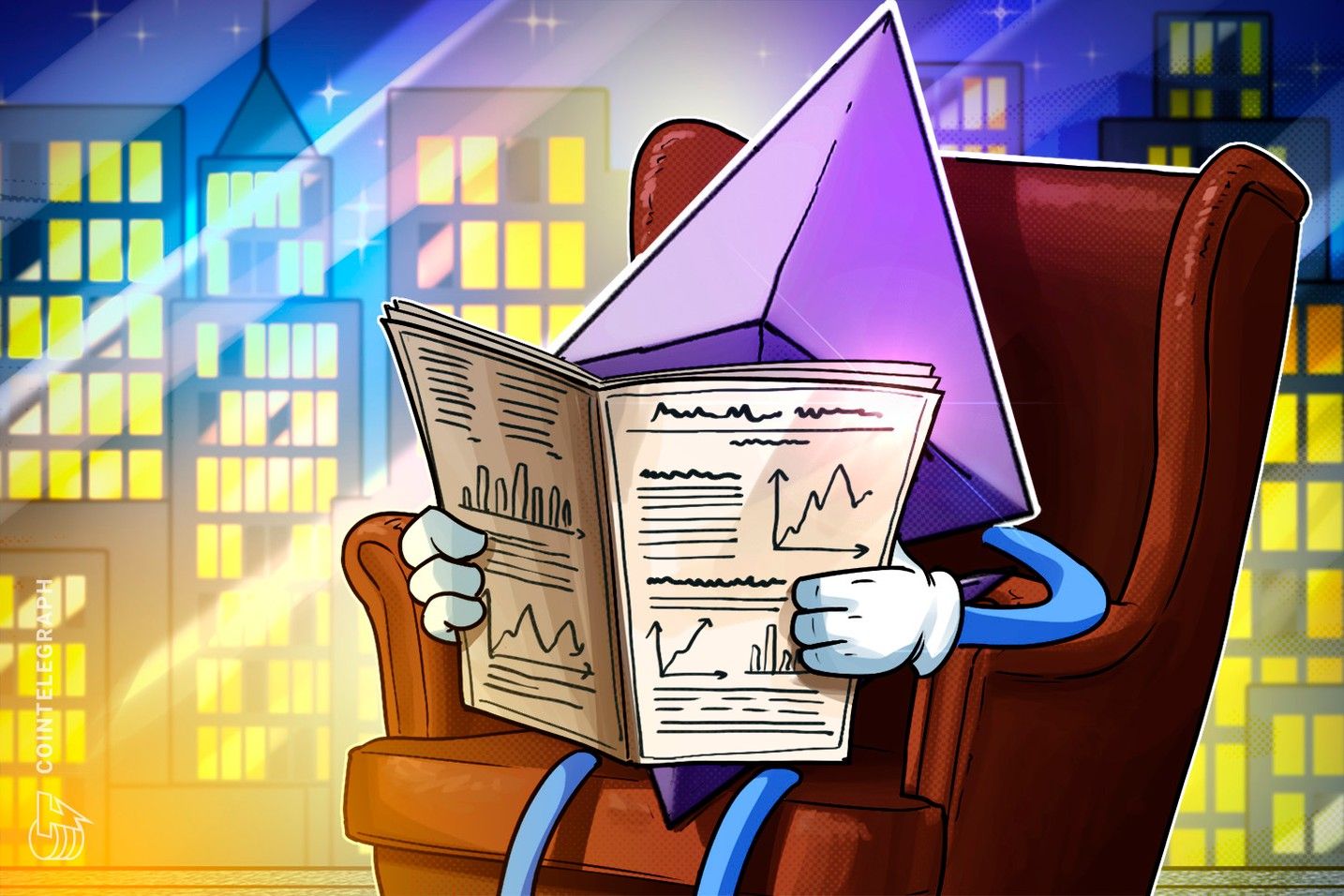BlockDAG’s X1 Miner App: A Disruptive Force in Mass Crypto Adoption and Scalable Blockchain Infrastructure
- BlockDAG emerges as 2025's top crypto buy with hybrid DAG-PoW architecture solving scalability and energy efficiency challenges. - X1 Miner App democratizes mining via smartphones, attracting 2.5M users while balancing grassroots participation with 19,000 ASIC miners. - $383M presale funds infrastructure growth alongside 4,500+ developers building 300+ dApps on EVM-compatible, 10,000 TPS network. - Dual-layer mining model and 70% energy savings create self-sustaining ecosystem, positioning BlockDAG as a
In 2025, the cryptocurrency landscape is witnessing a paradigm shift driven by projects that prioritize scalability, accessibility, and real-world utility. BlockDAG, a next-generation Layer 1 blockchain, has emerged as a standout contender, leveraging its hybrid Directed Acyclic Graph (DAG) + Proof-of-Work (PoW) architecture to address long-standing limitations in blockchain technology. At the heart of its disruptive potential lies the X1 Miner App, a mobile-first solution democratizing mining participation, and a rapidly expanding developer ecosystem building on its EVM-compatible infrastructure. This article examines BlockDAG’s unique value proposition for 2025, analyzing its technical innovations, user adoption metrics, and ecosystem growth.
The X1 Miner App: Democratizing Mining and Driving Mass Adoption
BlockDAG’s X1 Miner App has redefined accessibility in blockchain validation. By enabling users to mine BDAG tokens directly from smartphones, the app has attracted over 2.5 million global participants, creating a decentralized mining network that spans both urban and rural populations [1]. This mobile-first approach eliminates the need for expensive hardware, low technical barriers, and high energy costs, making mining inclusive for everyday users. Complementing the X1 app, BlockDAG has also sold 19,000 ASIC miners, ensuring a hybrid ecosystem that balances grassroots participation with industrial-scale mining [2].
The app’s success is not just a numbers game—it’s a strategic move to decentralize network security. By incentivizing broad participation, BlockDAG mitigates centralization risks inherent in traditional PoW models, where mining is dominated by large-scale operations. This dual-layer approach—mobile mining for the masses and ASICs for professional miners—creates a robust, self-sustaining network.
Hybrid DAG-PoW Architecture: Solving the Scalability Trilemma
BlockDAG’s technical foundation is its hybrid DAG-PoW architecture, which combines the parallel processing capabilities of DAG structures with the security guarantees of PoW. This design enables the network to process 10,000 transactions per second (TPS), a stark contrast to Bitcoin’s 7 TPS and Ethereum’s 20 TPS [3]. The GhostDAG protocol further enhances this by allowing miners to validate multiple blocks simultaneously while avoiding conflicts through a layered consensus mechanism [4].
Energy efficiency is another critical advantage. BlockDAG’s architecture consumes 70% less energy than legacy PoW blockchains, aligning with global sustainability goals and reducing operational costs for miners [3]. This efficiency, coupled with EVM compatibility, ensures seamless integration with Ethereum-based tools and dApps, allowing developers to leverage BlockDAG’s scalability without abandoning familiar ecosystems.
Developer and Ecosystem Momentum: Building the Future of Web3
BlockDAG’s growing developer community underscores its potential as a scalable infrastructure. With 4,500+ developers building 300+ decentralized applications (dApps), the platform is rapidly evolving into a hub for innovation [3]. These dApps span DeFi, NFTs, and enterprise solutions, leveraging BlockDAG’s 10 blocks-per-second throughput and low transaction costs to deliver real-world value.
Conclusion: A Compelling Investment Case for 2025
BlockDAG’s hybrid DAG-PoW architecture, mobile mining accessibility, and developer-driven ecosystem position it as a project worth watching in 2025. By solving the scalability trilemma and democratizing participation, the project addresses two of blockchain’s most persistent challenges. For investors, the combination of technical innovation, user adoption, and ecosystem growth creates a strong foundation for long-term value. As the crypto market matures, projects like BlockDAG—those that prioritize both utility and inclusivity—will likely outperform speculative assets.
Source:
[1] BlockDAG's Hybrid Tech Quietly Redefines Crypto's Future [https://www.bitget.com/news/detail/12560604937721]
Disclaimer: The content of this article solely reflects the author's opinion and does not represent the platform in any capacity. This article is not intended to serve as a reference for making investment decisions.
You may also like
2026: The Year of Federal Reserve Regime Change
The Federal Reserve will shift away from the technocratic caution characteristic of the Powell era and move toward a new mission that explicitly prioritizes lowering borrowing costs to advance the president’s economic agenda.

Bitcoin (BTC/USD) Price Alert: Bitcoin Breaks Major Resistance - Next Stop $100,000?

Ethereum treasury demand collapses: Will it delay ETH’s recovery to $4K?

Trending news
More2026: The Year of Federal Reserve Regime Change
[Bitpush Daily News Selection] Trump actively hints at Hassett as the next Federal Reserve Chairman; Bloomberg: Strategy may consider offering bitcoin lending services in the future; Strategy CEO: Strategy sets $1.4 billion reserve through stock sale to ease bitcoin selling pressure; Sony may launch a US dollar stablecoin for payments in gaming, anime, and other ecosystems
![[Bitpush Daily News Selection] Trump actively hints at Hassett as the next Federal Reserve Chairman; Bloomberg: Strategy may consider offering bitcoin lending services in the future; Strategy CEO: Strategy sets $1.4 billion reserve through stock sale to ease bitcoin selling pressure; Sony may launch a US dollar stablecoin for payments in gaming, anime, and other ecosystems](https://img.bgstatic.com/multiLang/image/social/44682a8c7537c9a9b467e17ed74a704d1764777241317.jpg)